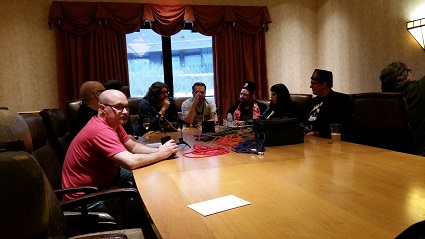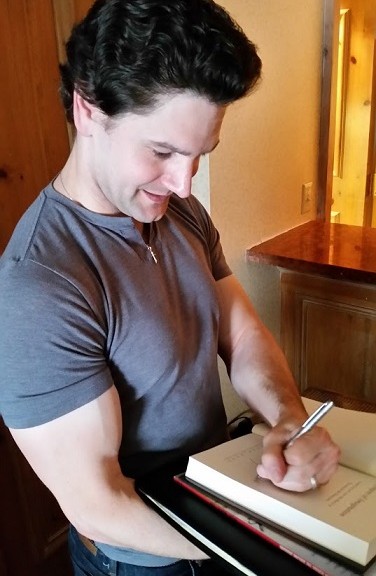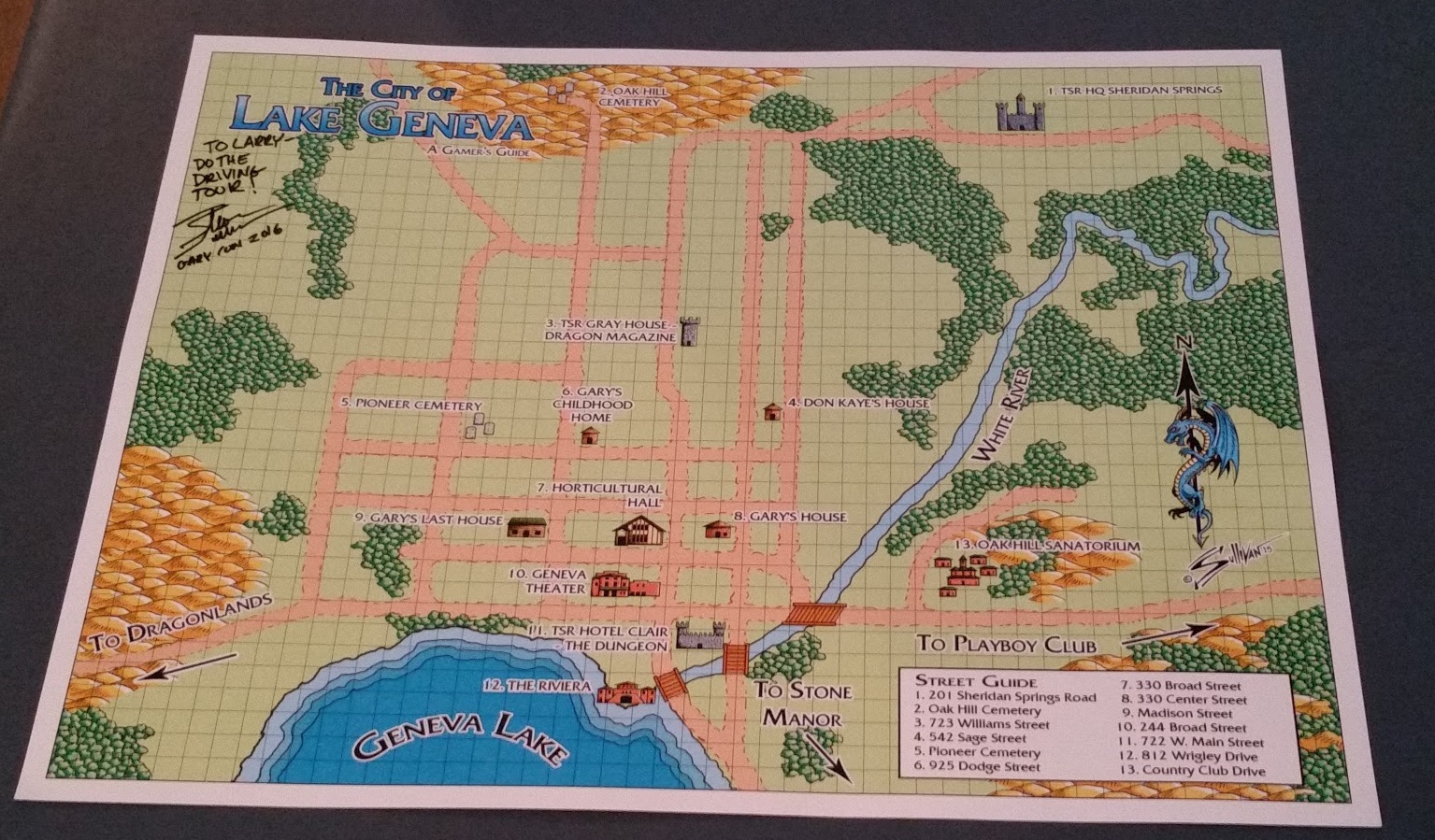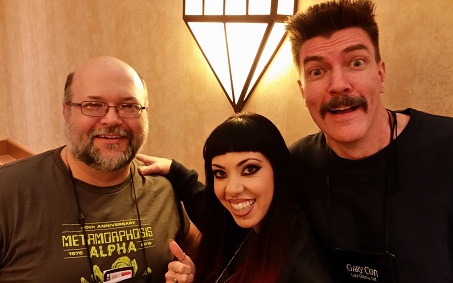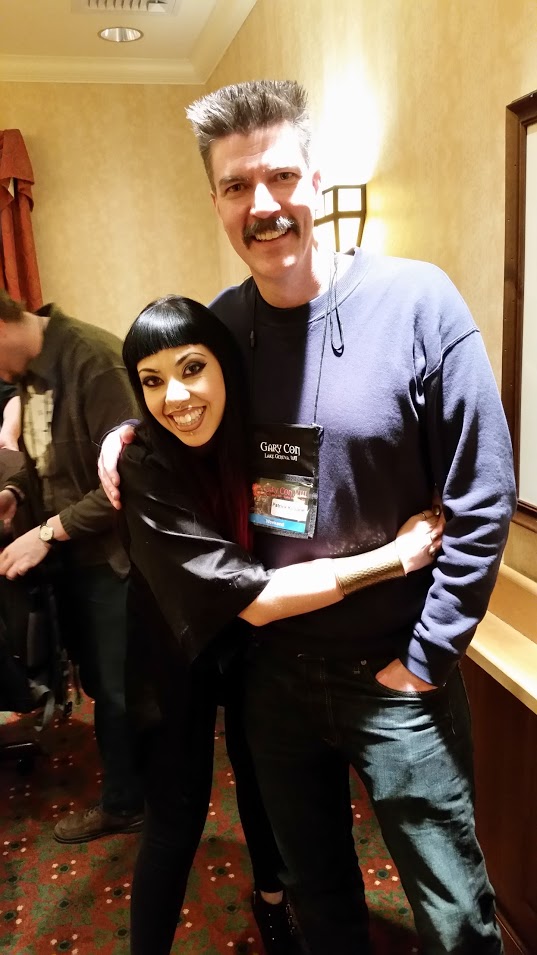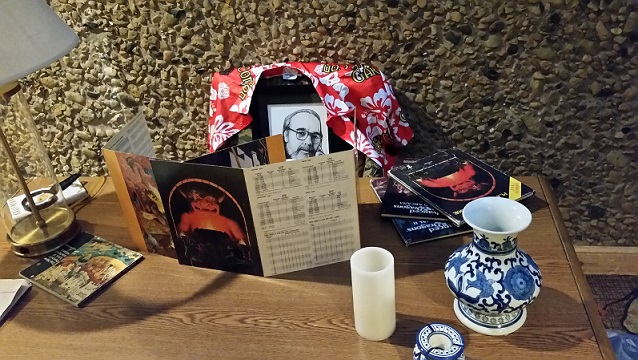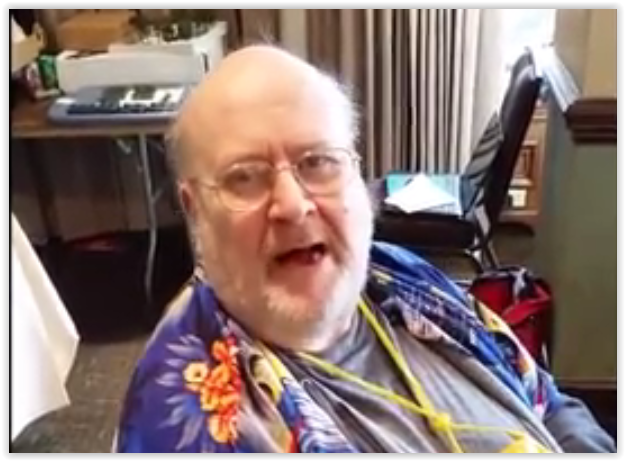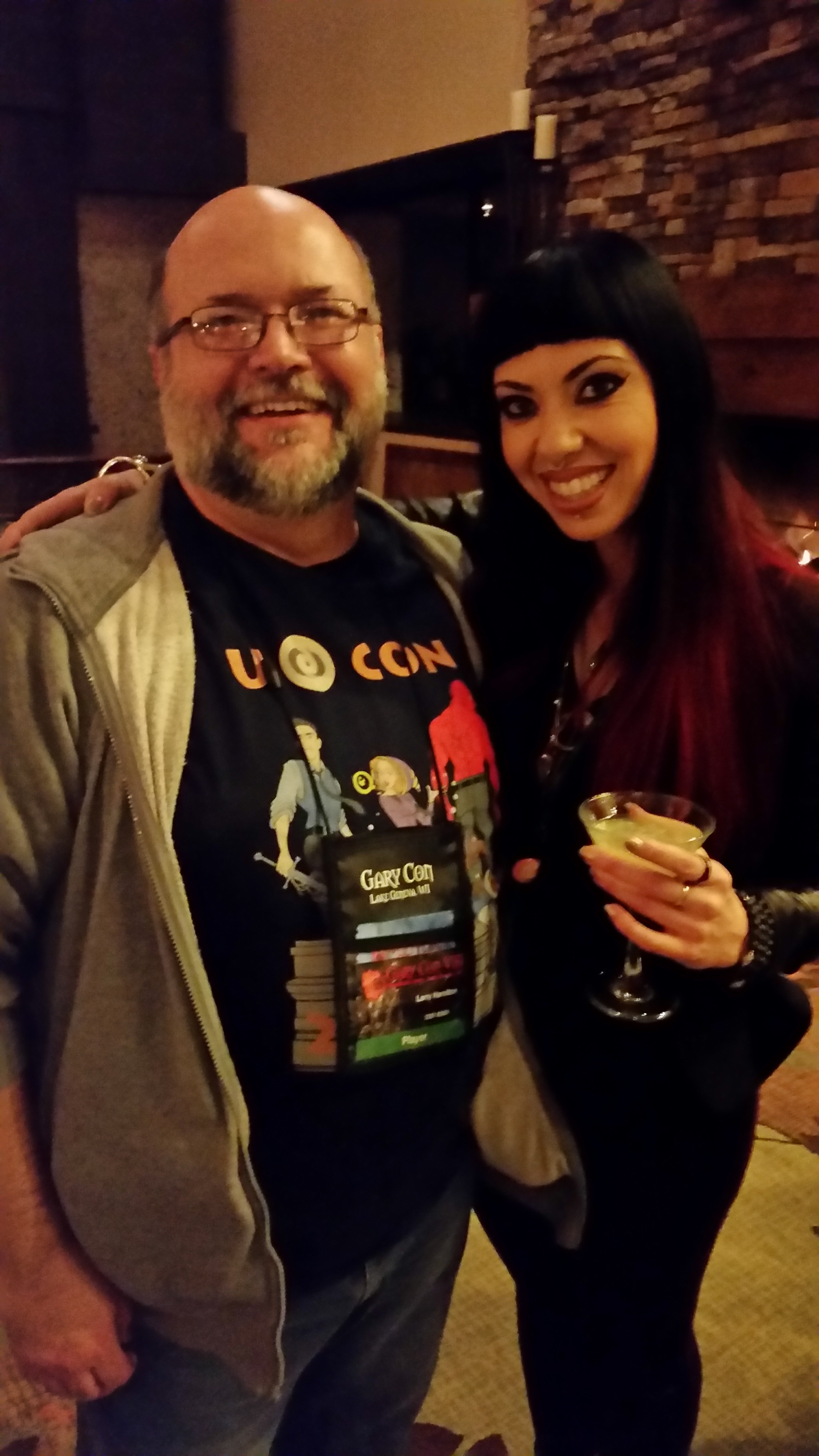The Gary Con Podcast Panel, with hosts from Game School, Gaming and BS, Cube of Death, Drink Spin Run, and Dead Games Society discussed gear, and other practical aspects of podcasting.
I am interested in podcasting, but I’m not sure that I have what it takes to make it a regular thing. I went to get some insight into the process. The basics to get started are less than $100 on the low end, to unlimited. This is not a formal article, but more my notes on the discussion.
The panel was recorded, so it is intended to be shared somewhere. Until then, here is a very quick outline of the presentation from my notes. I look forward to the recording so I can figure out what a couple of quick scribbles are in my notes.
Tech
Each podcast host mentioned the gear they use and things to consider when getting gear for your own podcast.
The bare minimum needed is a microphone, headphones, and a way to edit sound. Less than $100 if use free sound editor.
- Microphones – 2 main types
- condenser – wide range, very sensitive. Need to have a separate room/space to pad out noise
- Blue Yeti
- dynamic – Rejection – front & center
- ATI 2100
- condenser – wide range, very sensitive. Need to have a separate room/space to pad out noise
- Headphones
- Sound editing program/mixer/ soundboard
- Audacity is free sound editing program
- Pop filter – also speaking past microphone if pop filter not enough
- Vibration isolation
- scissor arm
- separate table for the microphone
Hosting
- Can host files on your own or use a service. If host on own it can lead to limitations of bandwidth.
- RSS Feed – This is how people find and listen to your podcast.
- iTunes & Website – Squarespace – simple installation
- Host file at Blueberry or Libsyn – Both have plugins for WordPress. both have $x a month plans.
- PodBeam
- Free at Archive.org – it is slow and can make listening choppy, or freeze.
- Filesizes – 200 MB is too big for download, usually 30 or 40 MB.
- There is a site that explains sound quality based on file size. good quality at around 40-50 MB
Tips & Tricks
- Microphone Discipline:
- Never Eat at the microphone.
- Mute if not talking.
- A pause from a guest is not an invitation to talk. Wait and make sure they aren’t just taking a breath.
- Wait five seconds before you speak, they may just be taking a breath.
- Do a pilot episode that you never share to work out the kinks.
- Start small wit an inexpensive microphone and audacity to make sure it is something you can and want to do before laying out large sums on high end equipment.
- Longevity gets guests.
- Podcast fade – Most podcasts fail within 7 episodes.
- G+ Podcasting Community
- Make a thing you are interested in so that you keep doing it.
- Don’t set self up for failure.
- What value do you bring to the community with your podcast?
- Content – What is your niche? (Avatar)
- Conversation
- Scripted topics of discussion
- Plan episodes from a storytelling perspective. Does not need to be a complete script, but an outline to guide the conversation.
- Podcast: Out On The Wire on Public Radio.
- Avoid long intros
- Avoid upspeak. this was a particular pet peeve of one presenter, and I must say, I agree with him.
- Listen to other podcasts to figure out what you like.
- Half hour podcast is ideal. (80% of people listen to podcasts on the commute to & from work or otherwise in their cars.)
- Getting Guests & Good Interviews
- Guest Dock – Form on site the guest fill out. Pick 3 things you want to talk about in order of importance & have them write their own third person bio, and any NSFW disclosures.
- What is on & off the table?
- Logistics:
- Acts or segments to break it up. Used a timer
- Show notes to reference the time of each segment.
- Length of show
- Audio bumpers after each segment.
- Grab Bag – old quick idea for a topic. (Originated with boring guests.)
- Call & Oates – Hall & Oates on crappy MIDI.
- Shared Google Drive for collaborators to work on scripts, planning, etc.
- Acts or segments to break it up. Used a timer
- Hosting – Solo, or with a co-host.
- Facts/Interviews/Learn Things
- Host Chemistry is important is multiple hosts.
- Have some in the can, that way you can take a day off.
- Record several sessions before post the first one, if a weekly podcast.
- Have a location where you record that is limited on errant sounds, such as traffic, family members, pets, etc.
Promotion
- How grow audience?
- Social Media
- G+ community – put post after done recording episode announcing the topic, and another when it is posted.
- Twitter feed.
- Mailing List – email sign up.
- Do a guest show & the very best it can be
- Audience participation
- Mention what you liked on other podcasts
- Crossover/cross promotion
- Not hard to get other podcasters on your show
- Increase Luck Surface Area
Pet Peeves on Podcasts
- Interrupting guests
- Excessive rants
- Laughing at something for no reason.
- No nervous laughter
- Not passing important visual queue to the audience
- ex. Look at this, when audio only.
- Super long intros & transitions (bumpers)
- 15 second into. tops
- Forced Academia – Level of pompousness/arrogance
- Don’t condescend
- No bad/wrong fun
- Don’t shit in pool
Audience Questions
- How handle multiple guests?
- How “GM” the interview?
- How do you triage or post-mortem each episode? (My question)
- Pay attention to each piece
- Take notes
- Feedback from listeners
- LISTEN to each episode the very next day.
- What was good, what can be done better, what segment doesn’t fit, etc.
- Listen to yourself.
- You will find things in the way you speak and your own vocal quirks that you want to fix.
- What is the right ratio of recording the show to editing?
- Silence is no problem at all.
- Don’t fix everything.
- Max 4 hours to fix a one hour show.
- Find the right ratio of re
- Editing is the difference between a good show and a great show.
[Update: Added links to Part I and Part II of the recorded panel at Dead Games Society.]

